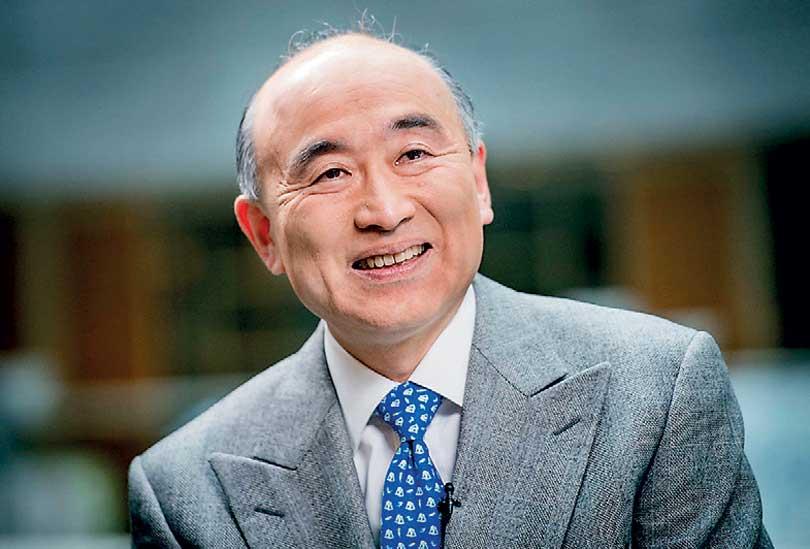15 May 2019 - {{hitsCtrl.values.hits}}

Mitsuhiro Furusawa
The Executive Board of the International Monetary Fund (IMF) has approved US$ 164.1 million disbursement for Sri Lanka, completing the fifth review of the Extended Fund Facility (EFF) arrangement the island nation has with the multilateral lender.
The Executive Board also approved an extension of the arrangement by one additional year, until June 2, 2020 with the rephrasing of remaining disbursement.
Sri Lanka’s three-year extended arrangement was approved on June 3, 2016. Under the US$ 1.5 billion EFF arrangement, Sri Lanka, up to now has drawn US$ 1.15 billion, which includes the latest disbursement.
Following the Executive Board’s discussion of the review, IMF Deputy Managing Director and Acting Chair of the board, Mitsuhiro Furusawa, acknowledged the efforts made by the Sri Lankan authorities to bring the IMF programme back on track after the October 26 political crisis that lasted for about 50 days.
“The Sri Lankan authorities have successfully brought the programme back on track, despite important setbacks, by advancing fiscal consolidation through a well-targeted 2019 budget, rebuilding reserves, while maintaining a prudent monetary policy under greater exchange rate flexibility and reviving structural reforms.
Sustaining policy discipline remains critical to strengthen resilience, given still sizable public debt and low external buffers, and support strong and inclusive growth,” Furusawa said.
He also said sustained revenue mobilization is needed to place public debt on a downward path, while making space for critical public investment and an expansion of the social safety net under well-defined selection criteria.
“Strengthening the selection and appraisal process of large-scale investment projects and assessing their fiscal affordability is critical, given Sri Lanka’s high public debt.
15 Nov 2024 17 minute ago
15 Nov 2024 18 minute ago
15 Nov 2024 33 minute ago
15 Nov 2024 55 minute ago
15 Nov 2024 1 hours ago